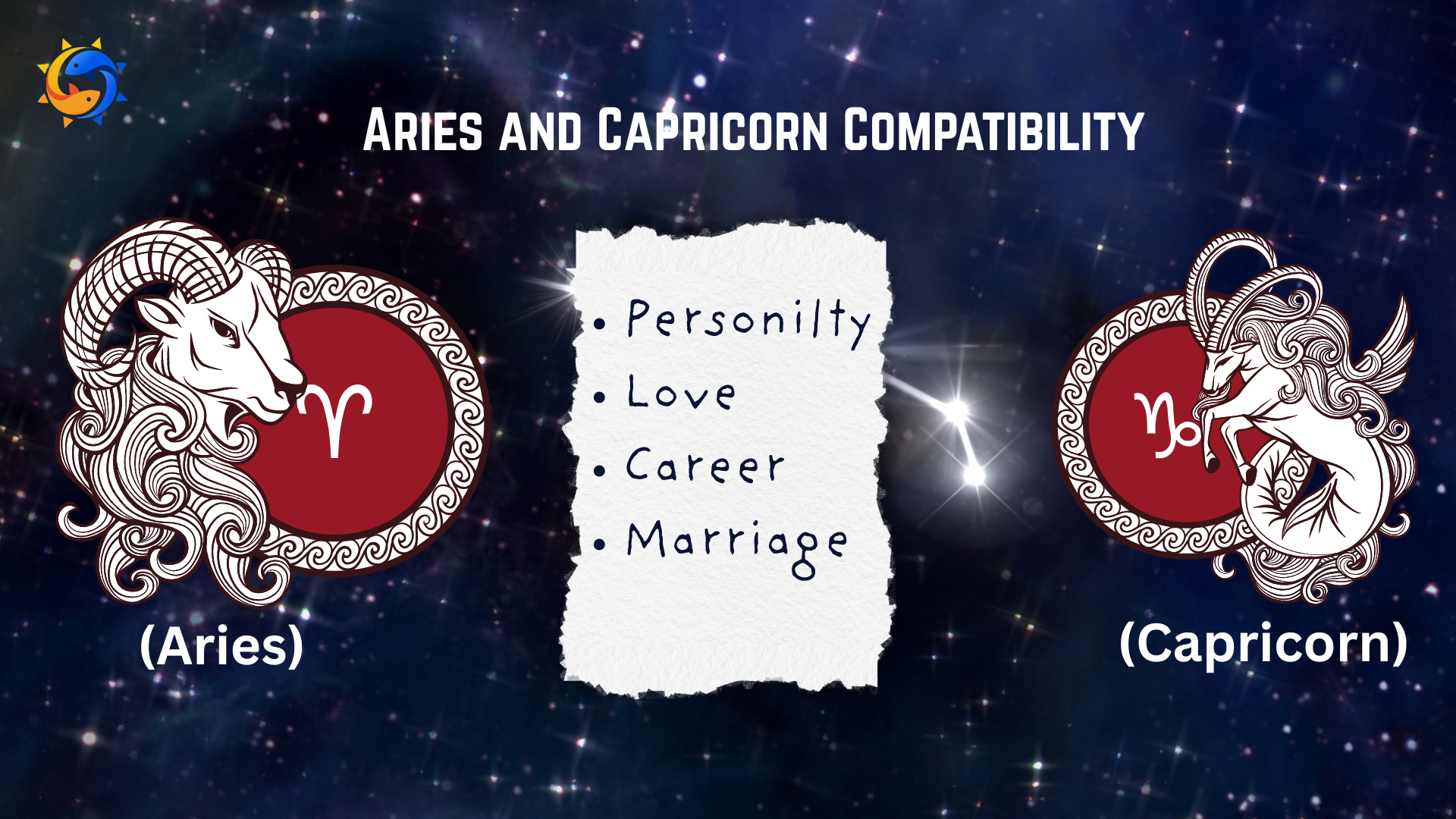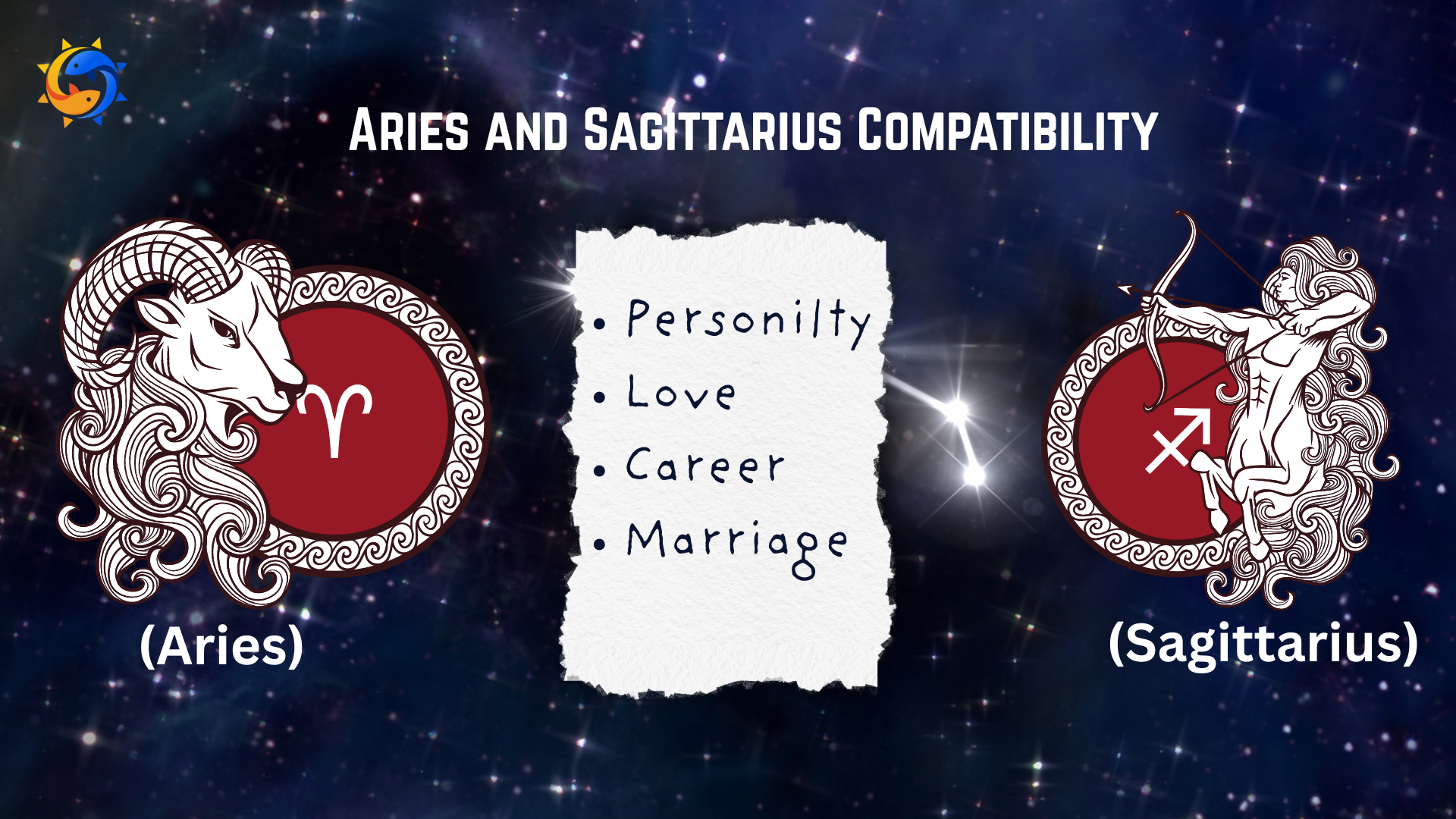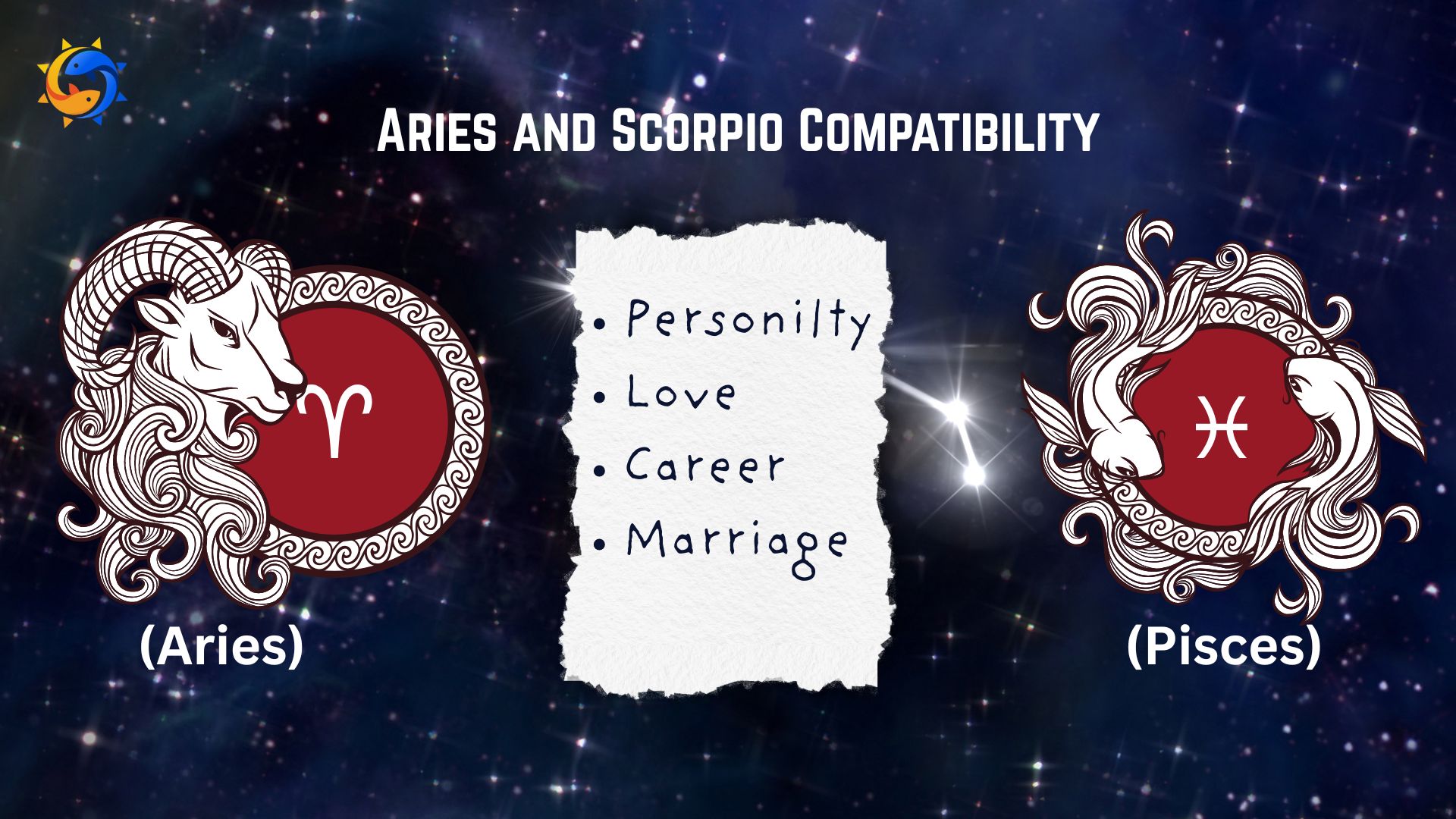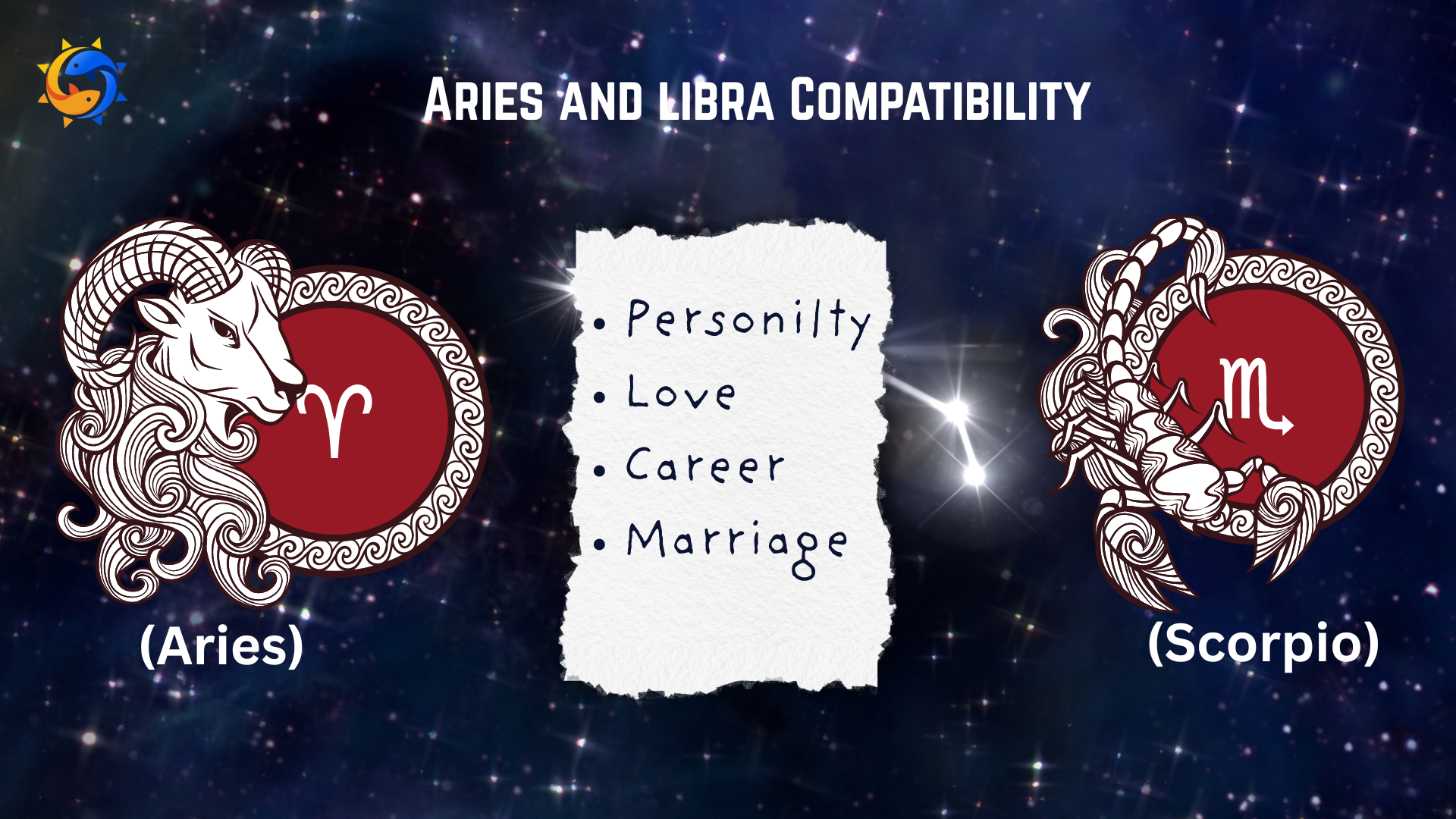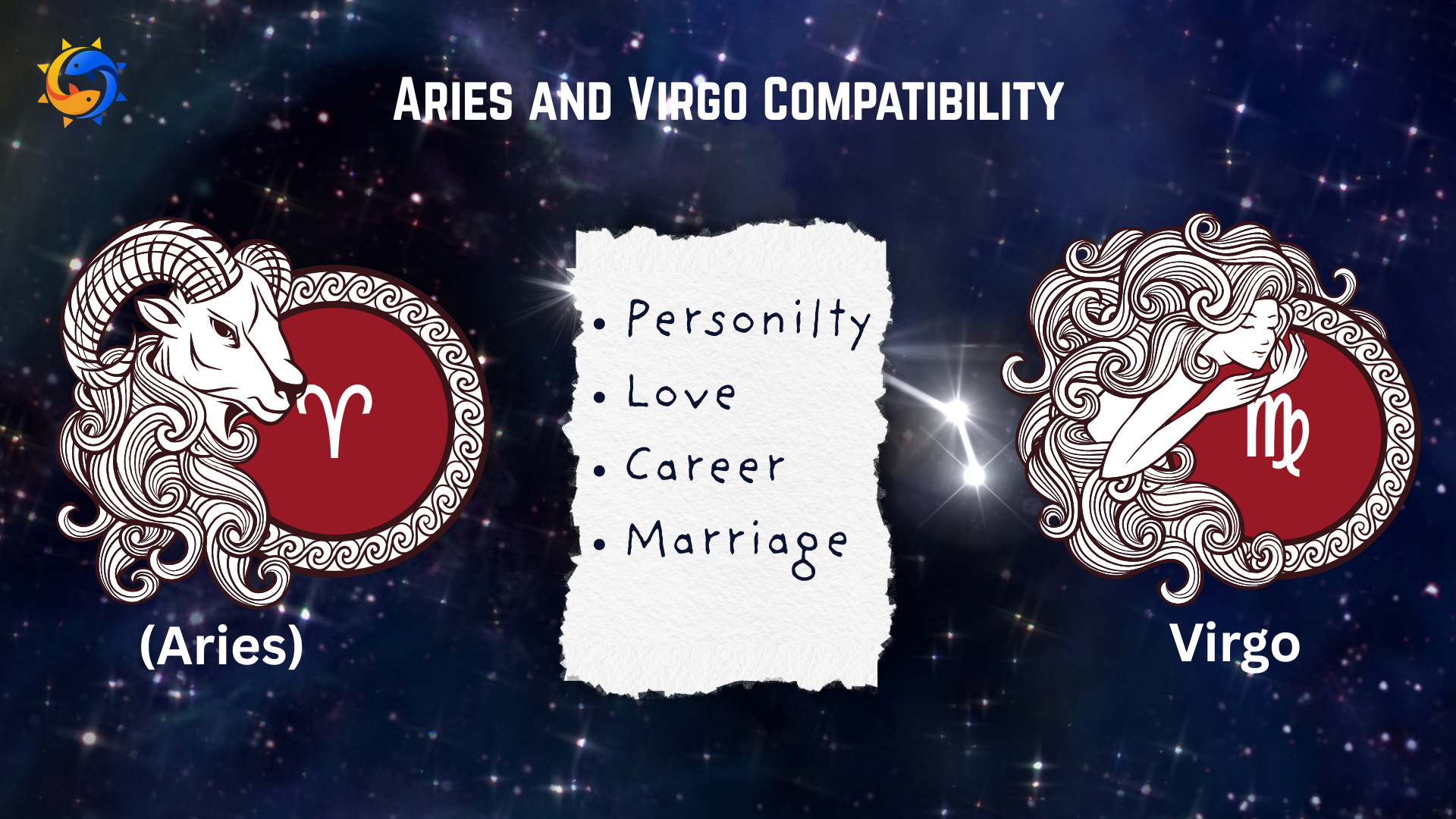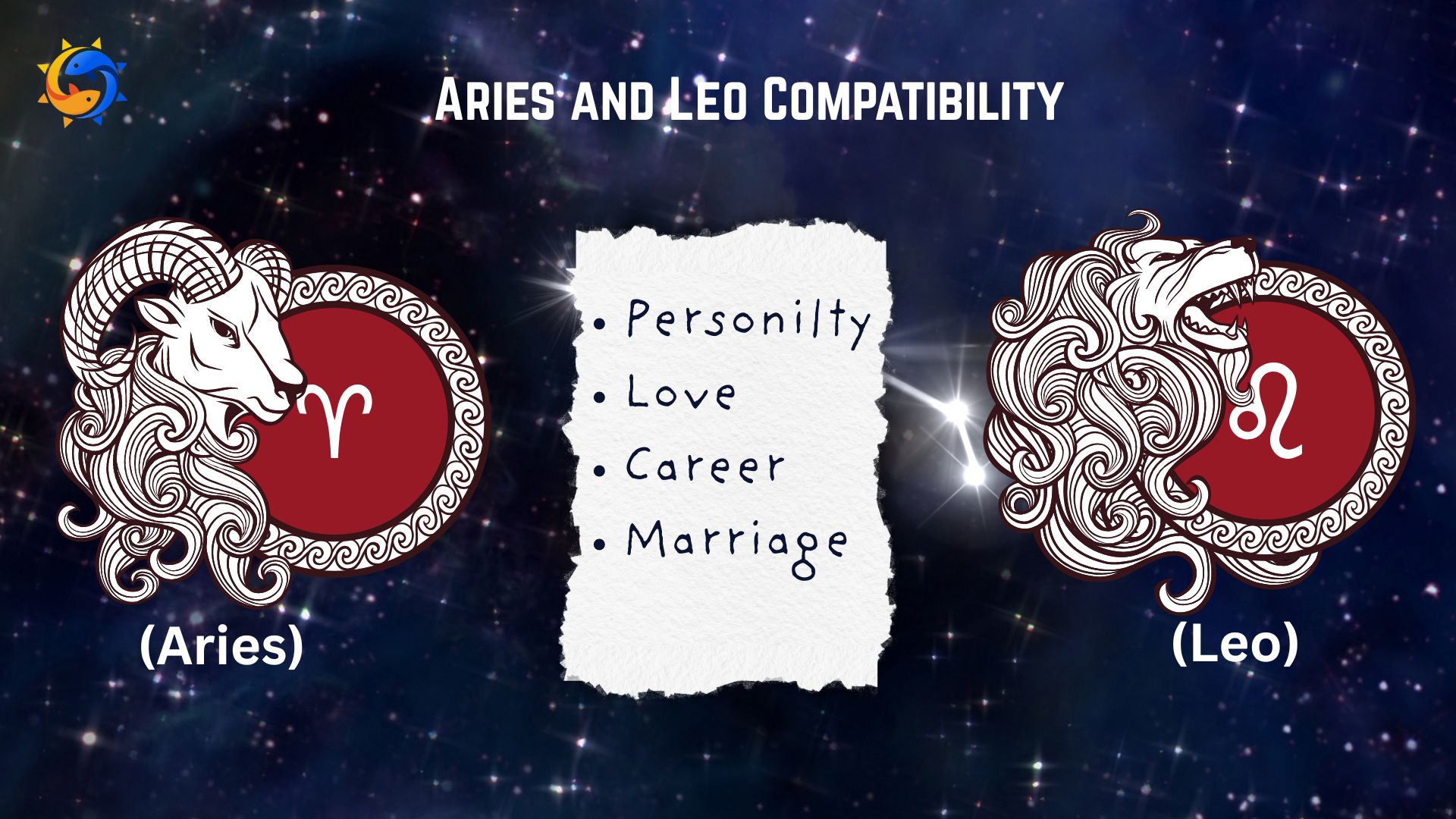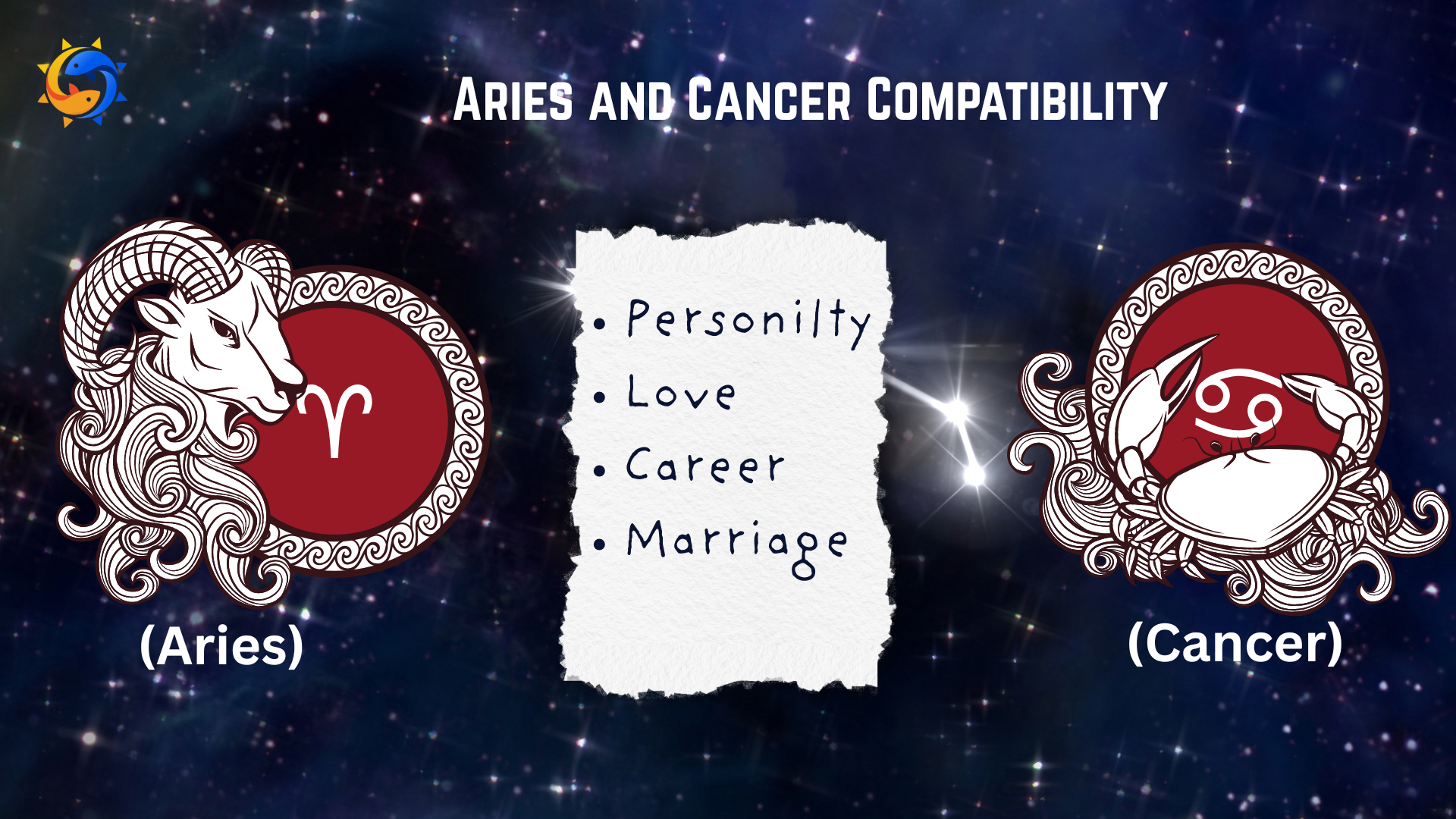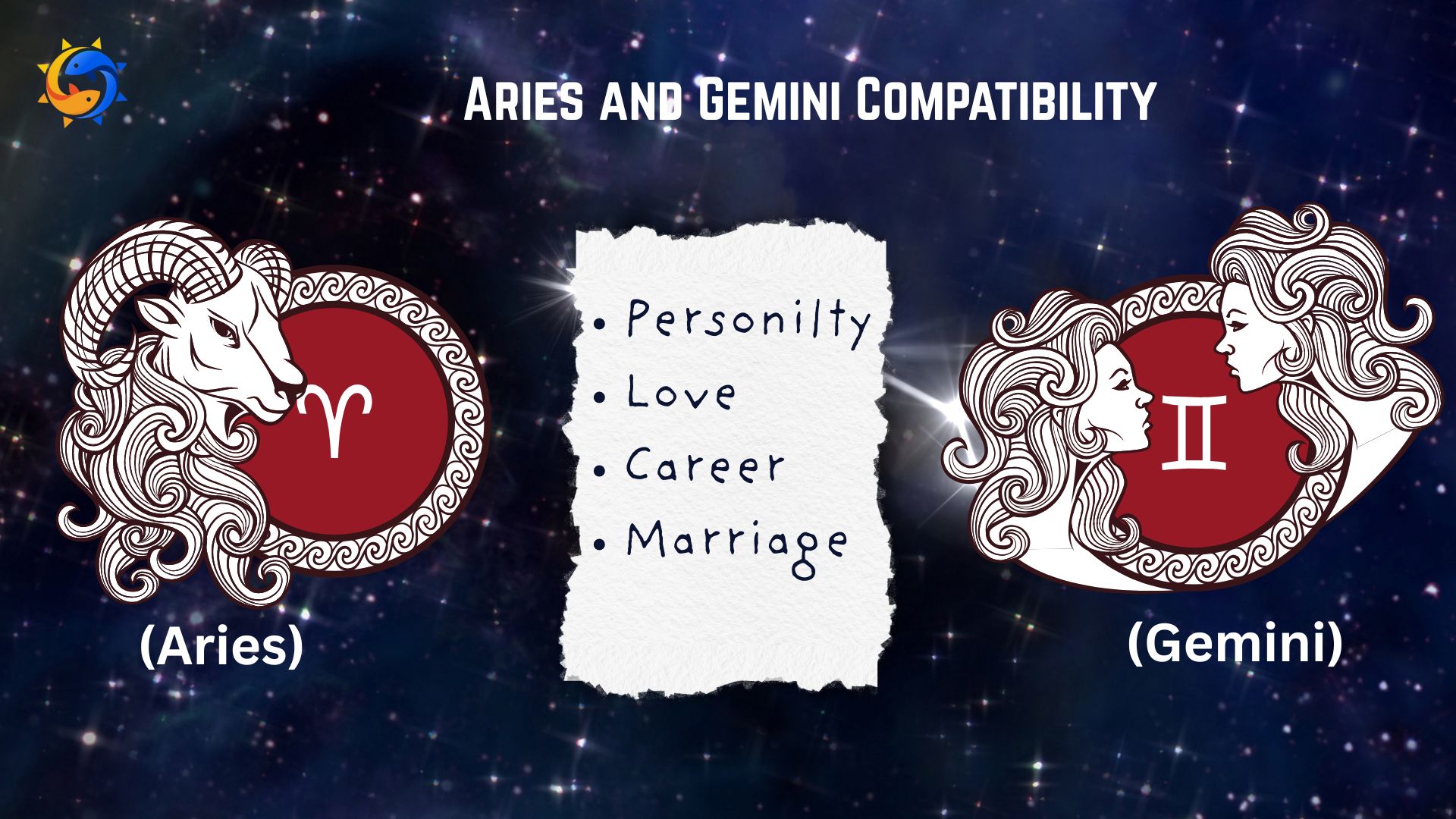In the realm of astrology, our zodiac signs are believed to influence various aspects of our personalities, including how we behave in relationships. While possessiveness isn't necessarily a desirable trait in a partner, some individuals are naturally more inclined towards it. Let's explore four zodiac signs notorious for their possessive nature when it comes to their wives.
Understanding Possessiveness in Relationships
Possessiveness in relationships stems from a deep-seated fear of losing the person we love. It often manifests as controlling behavior, jealousy, and the constant need for reassurance.
Characteristics of Possessive Partners
Controlling Behavior
Possessive partners often exhibit controlling behavior, wanting to dictate their spouse's actions, whereabouts, and interactions with others.
Jealousy
Jealousy is a common trait among possessive individuals. They may feel threatened by perceived rivals and strive to assert their dominance in the relationship.
Need for Constant Reassurance
Possessive partners crave constant reassurance of their partner's love and loyalty. They may seek validation through frequent displays of affection and attention.
Four Zodiac Signs Known for Being Possessive
Aries
Aries individuals are known for their fiery and passionate nature. When it comes to their wives, they can be fiercely possessive, viewing them as their prized possession to protect at all costs.
Scorpio
Scorpios are intensely passionate lovers who can become possessive of their wives due to their deep emotional attachments. They value loyalty and commitment above all else and may exhibit jealousy when they feel threatened.
Cancer
Cancerians are nurturing and protective by nature, often forming strong emotional bonds with their spouses. However, their fear of abandonment can lead them to become possessive, seeking constant reassurance of their partner's love and fidelity.
Taurus
Taurus individuals are known for their steadfast and loyal nature. They value stability and security in relationships, which can sometimes translate into possessive behavior towards their wives as they strive to maintain control over their domestic sphere.
Tips for Dealing with Possessiveness in Relationships
Open Communication: Encourage open and honest communication to address any insecurities or concerns.
Set Boundaries: Establish clear boundaries to maintain a healthy balance of independence and togetherness.
Build Trust: Work on building trust and mutual respect in the relationship through transparency and consistency.
Seek Professional Help: Consider seeking therapy or counseling to address underlying issues contributing to possessiveness.
Focus on Self-Growth: Encourage personal growth and self-confidence to reduce dependency on the relationship for validation.
Conclusion
While possessiveness can be a challenging trait to navigate in a relationship, understanding its root causes and implementing effective communication and coping strategies can help foster a healthier and more fulfilling partnership.
FAQs
1. Are possessive partners always controlling?
Possessive partners may exhibit controlling behavior, but it's not always the case. Possessiveness can manifest in various forms, including jealousy and the need for constant reassurance.
2. Can possessiveness be a sign of love?
Possessiveness is often mistaken for love, but it's actually rooted in insecurity and fear of loss. Healthy relationships are built on trust, respect, and mutual understanding, rather than possessive behavior.
3. How can I address possessiveness in my relationship?
Start by having an open and honest conversation with your partner about your concerns. Seek professional help if needed, and focus on building trust and independence within the relationship.
4. Is it possible to change possessive behavior?
With self-awareness and commitment to personal growth, it's possible to change possessive behavior. However, it may require time, effort, and professional guidance to address underlying insecurities and develop healthier coping mechanisms.
5. Can astrology really predict possessiveness in relationships?
Astrology offers insights into personality traits and tendencies, but it's not a definitive predictor of behavior. Possessiveness in relationships is influenced by various factors, including upbringing, past experiences, and individual beliefs and values.





